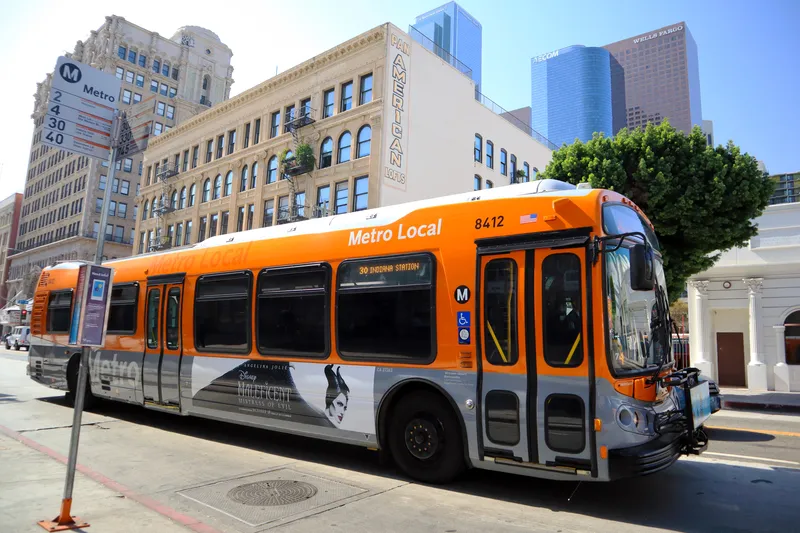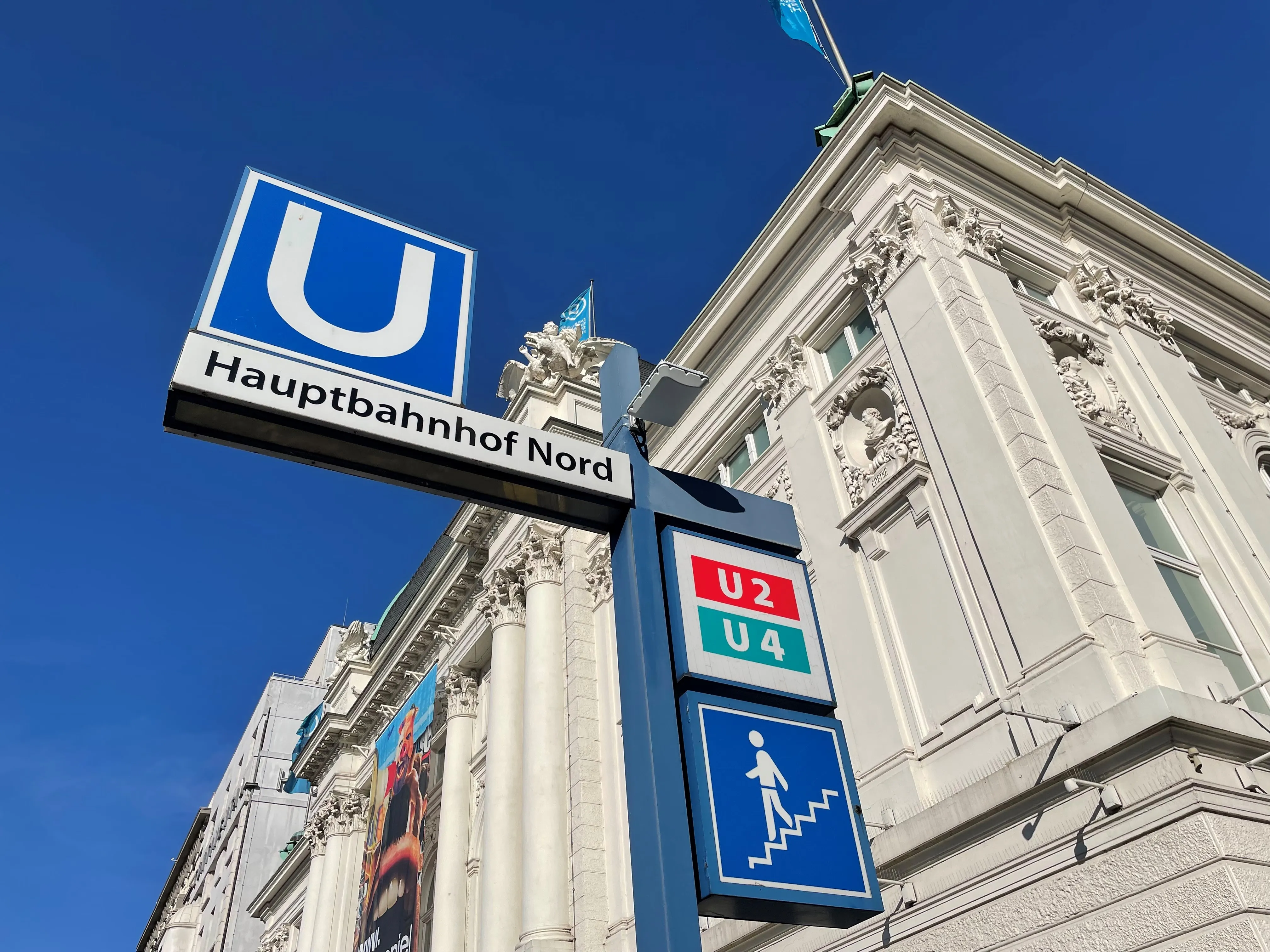San Francisco’s
"Job one for the Commission is what we call 'Fix it First’, which means taking care of the transportation system we already have," explained MTC chair and Santa Clara County supervisor Dave Cortese. "We're also committed to putting federal transportation dollars to work right away. With last month's passage by Congress of the new FAST Act, we finally have some certainty about the level of federal funding coming to the region for the next several years. This allowed us not only to take a big programming action for transit capital priorities in the current fiscal year, but also to begin committing to transit capital investments in upcoming years.”
Among the biggest investments made possible by the new funding are roughly US$50 million for
MTC awards funding to modernise Bay Area transit systems
San Francisco’s Metropolitan Transportation Commission (MTC) has allocated US$494 million to help more than 20 Bay Area transit agencies replace or rehabilitate aging buses, ferries, rail cars, tracks and bridges; update safety, control and communications systems; install new fare-collection equipment; maintain services for elderly and disabled passengers; and make other capital improvements. The commitment includes US$447 million of federal transportation funds, supplemented by US$47 million of revenues fr
January 28, 2016
Read time: 2 mins









